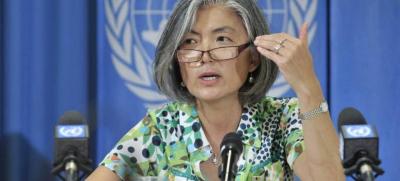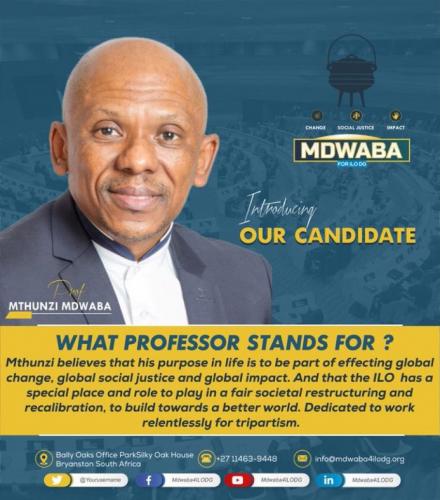As South Korea steps up campaign to lead ILO, trade unions criticise labour rights violations

ROME -- South Korean former foreign minister Kang Kyung-wha has stepped up campaigning to become head of the International Labour Organization against strong rival bids from IFAD president Gilbert Houngbo and Greg Vines of Australia. But trade union leaders in Seoul say she lacks relevant experience and that the Asian country's poor record on labour rights, including the Korean authorities failure to prevent employees being worked to death, disqualifies her from the post.

© COPYRIGHT ITALIAN INSIDER
UNAUTHORISED REPRODUCTION FORBIDDEN


